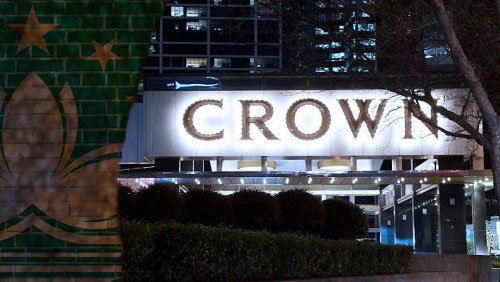The recent arrests in mainland China have no connection to Macau.
 That was the statement made by authorities in Macau, which has sought to distance itself from claims that the clampdown on casino marketing activities in China will affect Macau’s industry.
That was the statement made by authorities in Macau, which has sought to distance itself from claims that the clampdown on casino marketing activities in China will affect Macau’s industry.
Paulo Martins Chan, director of Macau’s Gaming Inspection and Coordination Bureau (DICJ), told Macau-based reporters that none of the 18 Crown Resorts representatives who were detained in mainland China “were employees from Macau.”
“The gaming companies here reported to us that they had always been abiding by the laws in mainland China,” Chan said, according to a GGRAsia report.
The 18 Crown staffers, including three Australian nationals, were detained in mainland China over allegations of “gambling crimes.” The group were based in China as part of the Australian casino operator’s local sales and marketing team. According to the Chinese law, advertising gambling services on the mainland are not allowed, but casino operators are permitted to promote their resorts’ non-gaming tourism offerings.
Chinese authorities had been tracking the Crown team, which it had warned against attracting high rollers to gamble overseas, for the past year, and observed Crown’s senior executives make short business trips to China instead of spending long periods in the country. There was also an alleged attempt on the part of Crown to circumvent the Chinese rules by simply packaging the tour activities as resort instead of casinos.
Chinese authorities have also detained 10 other people, described as “organizers of junkets licensed by the casino operator to bring high rollers to its Australian properties.” There was no mention in the report if this group had Macau connections.
The incident, however, has prompted Macau officials to remind gaming operators in the city to strictly abide by laws not just in Macau. Still, Chan is confident that the detentions in China will not have an impact on the Macau industry.
“So far we don’t see any impact on Macau [from the detentions]. On the contrary, this case is a reminder for the gaming companies here: when they are conducting their marketing activities in mainland China, they have to have a clear understanding of its laws and abide by them,” Chan said, according to the report.